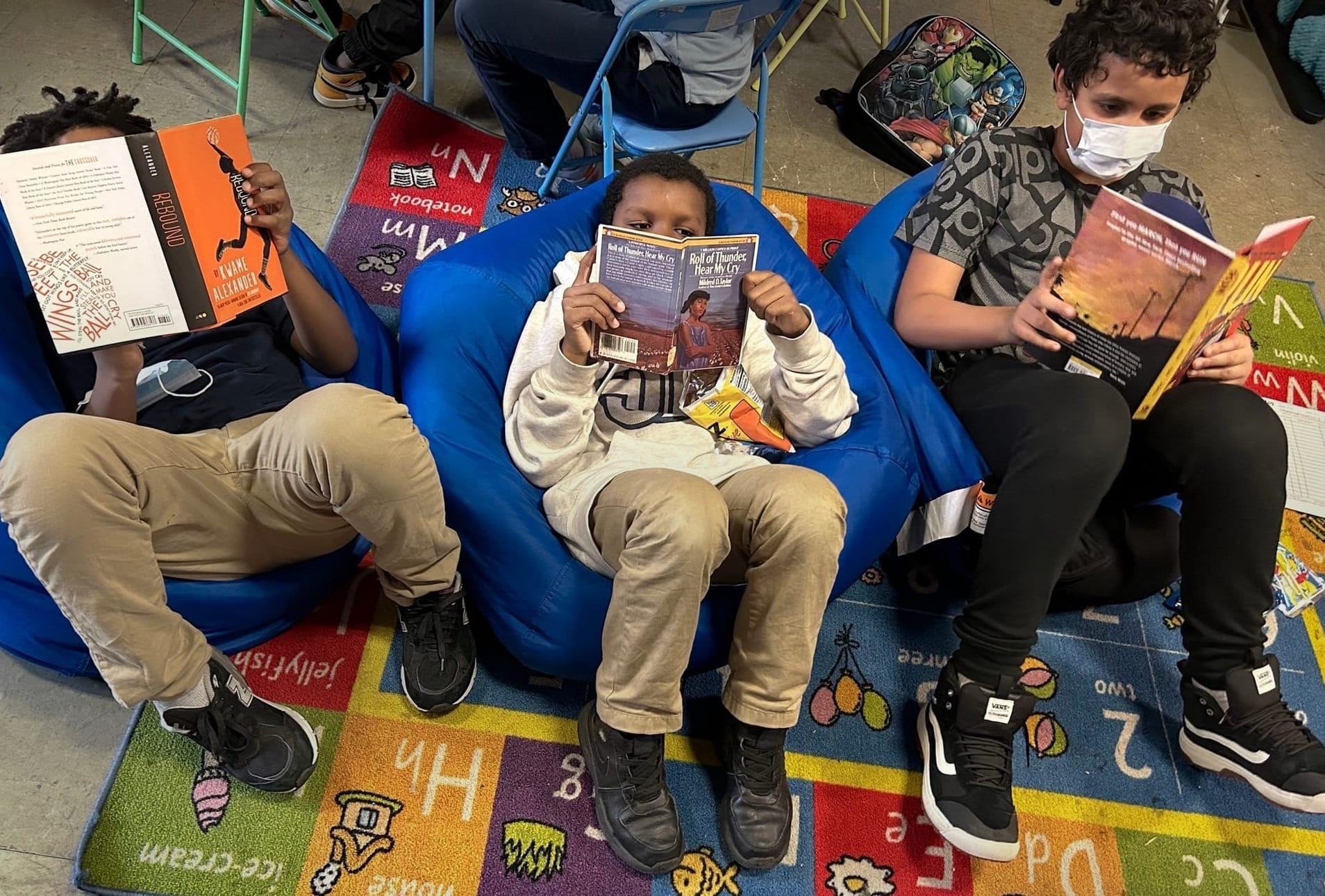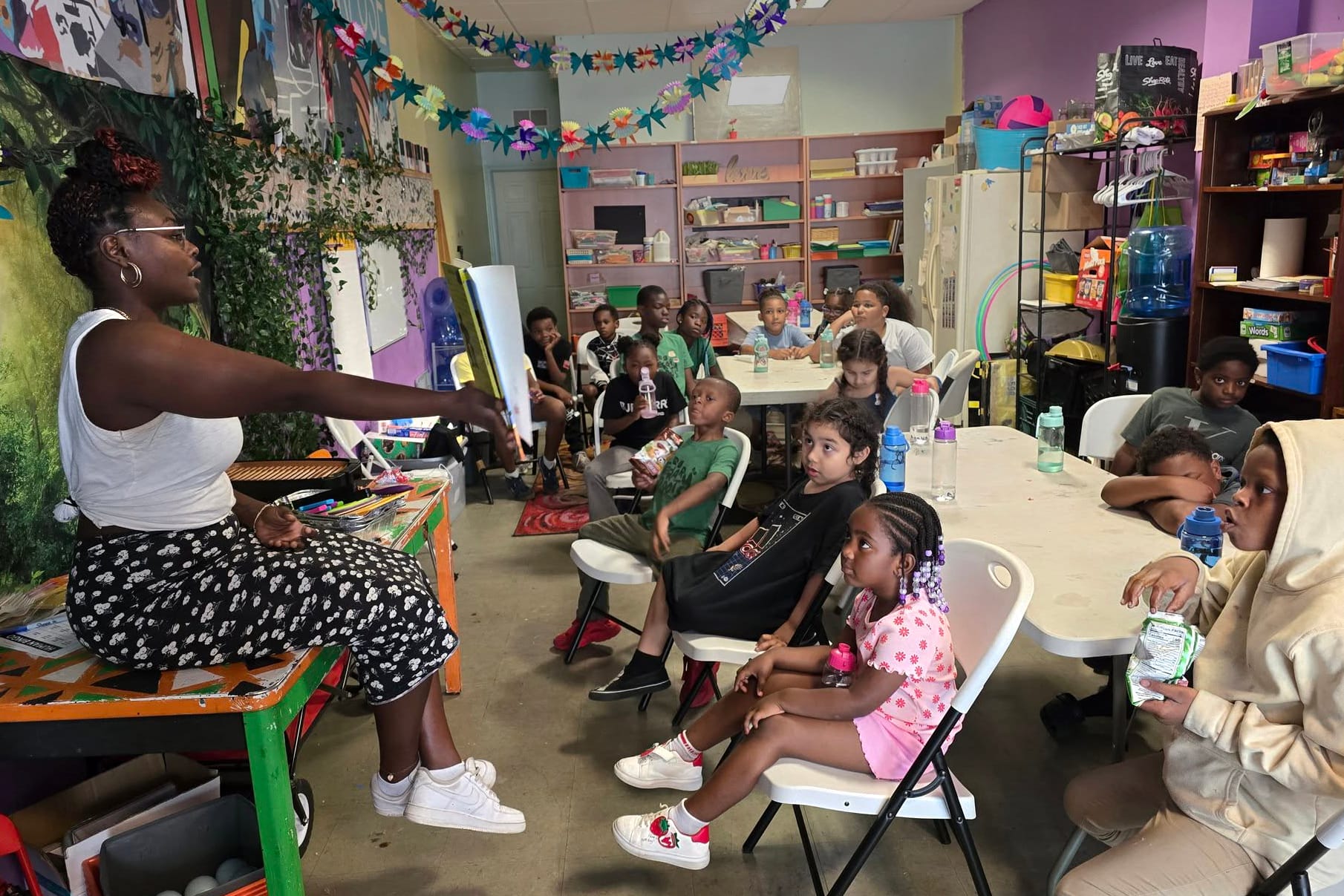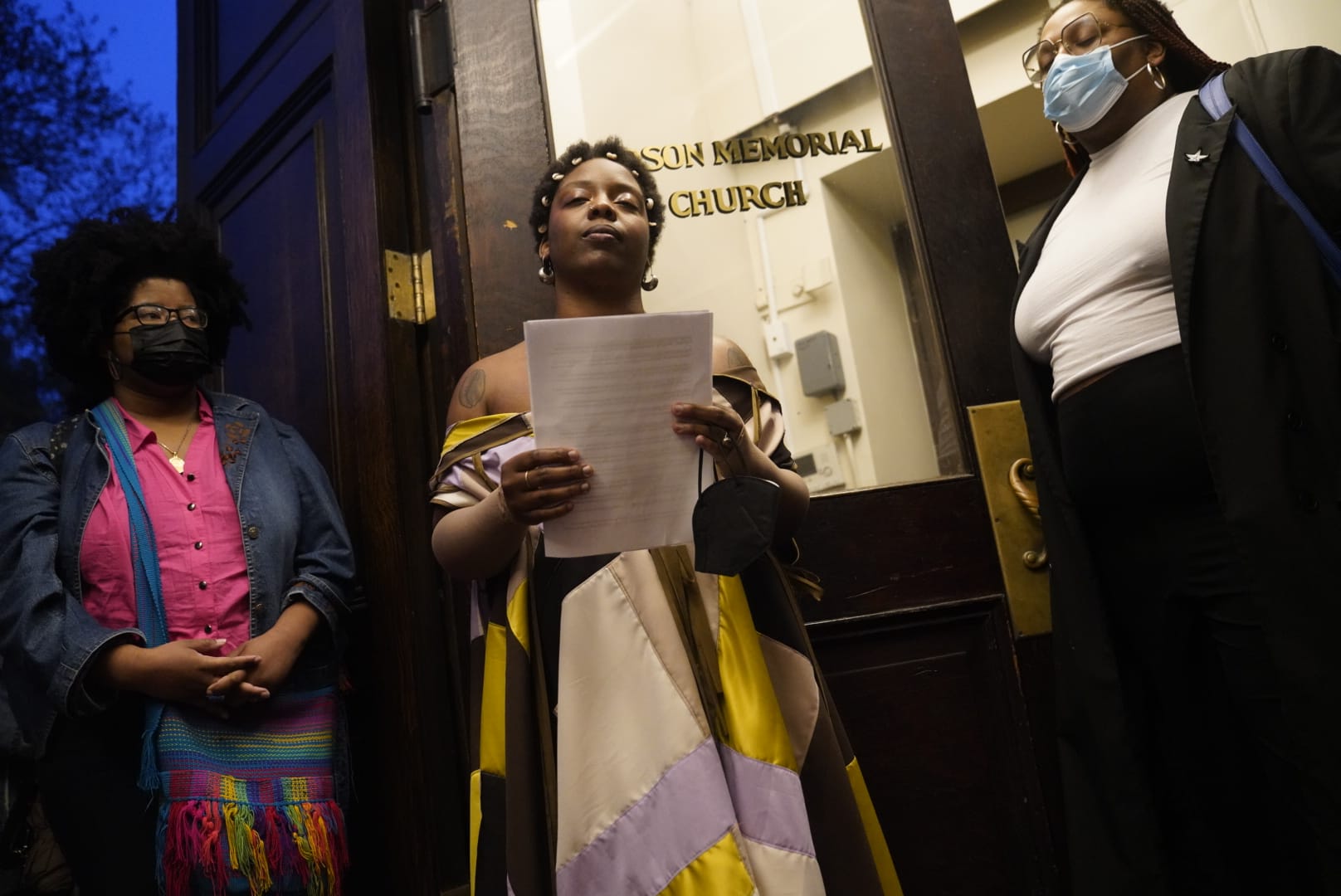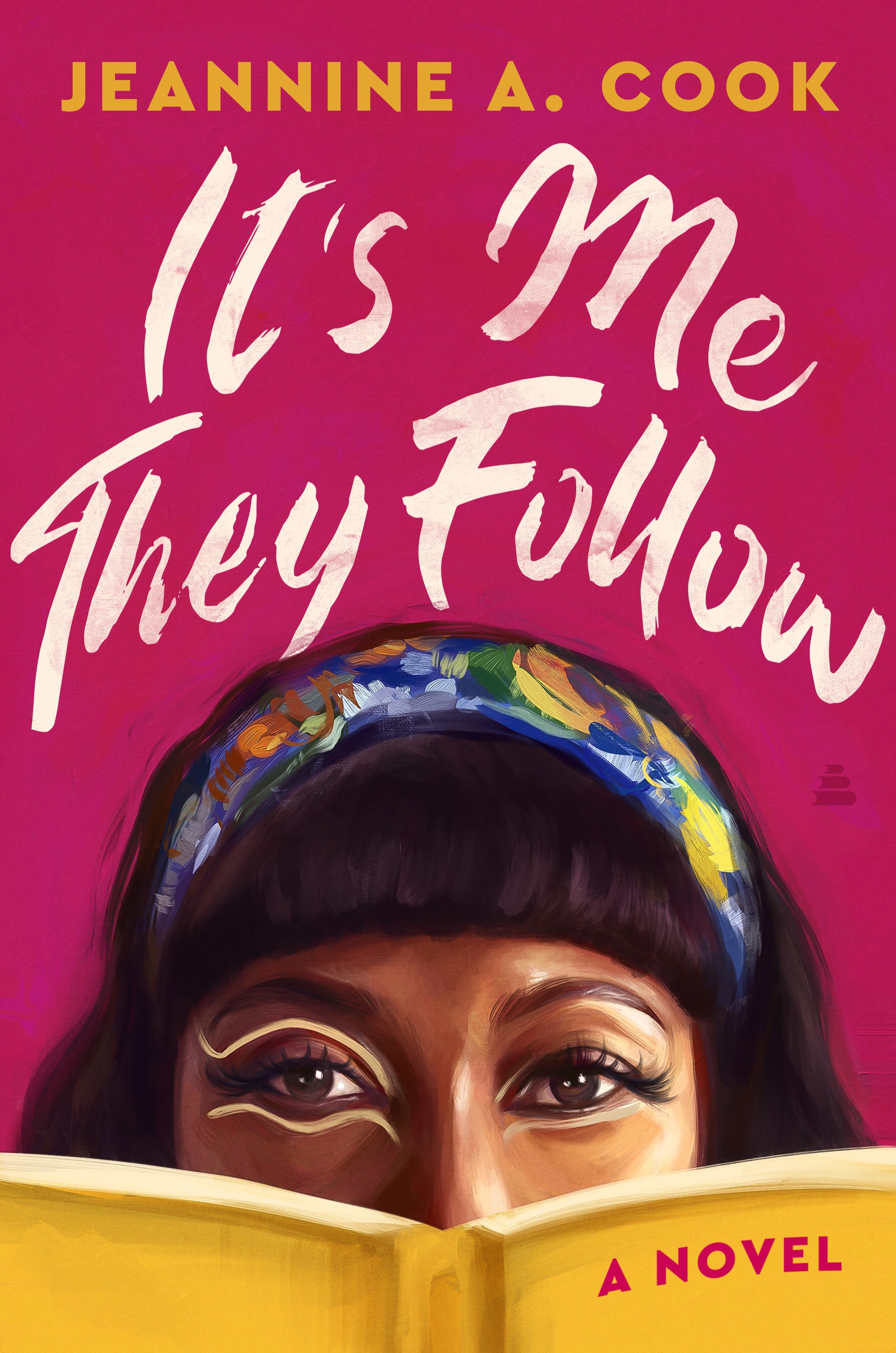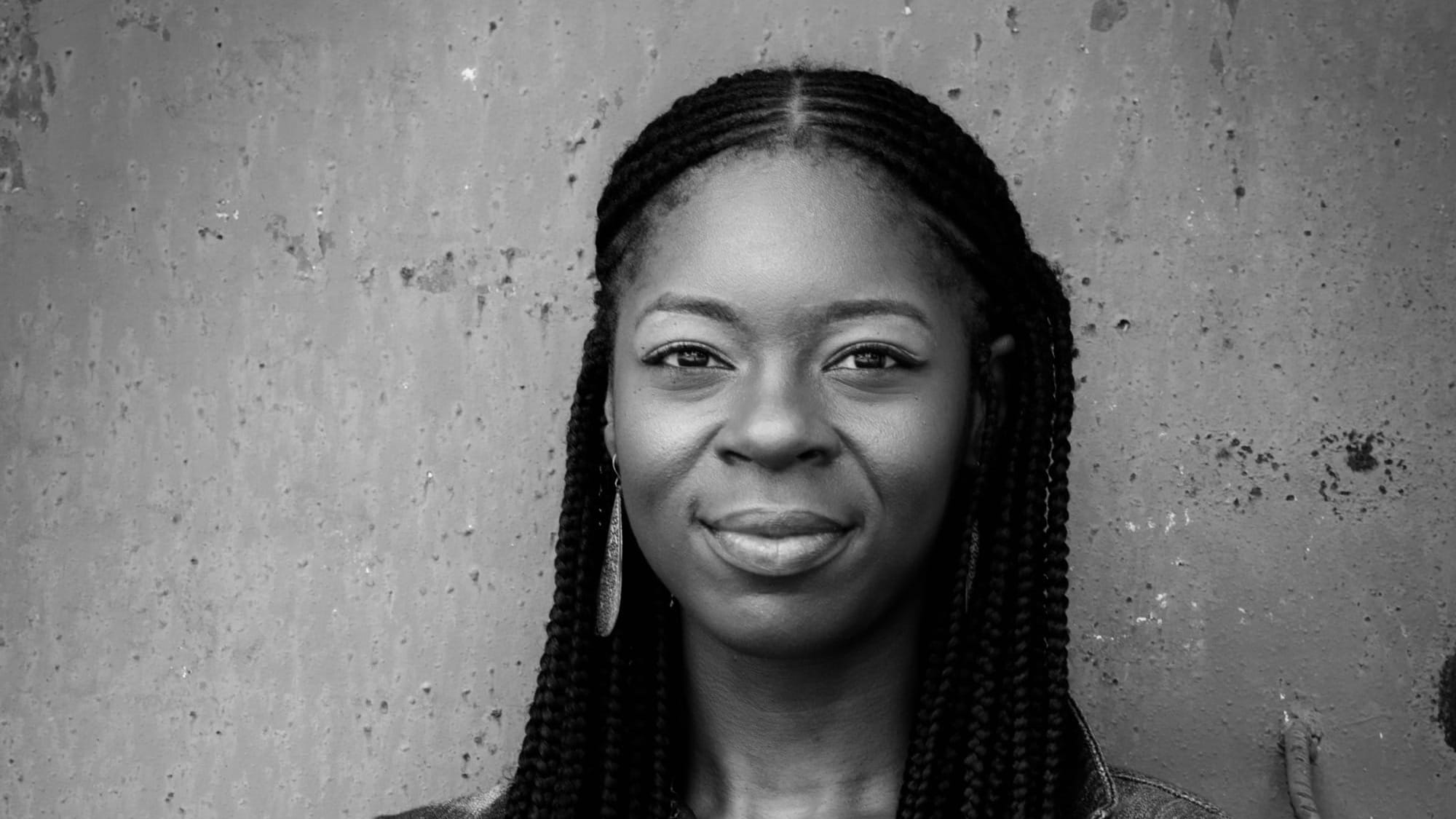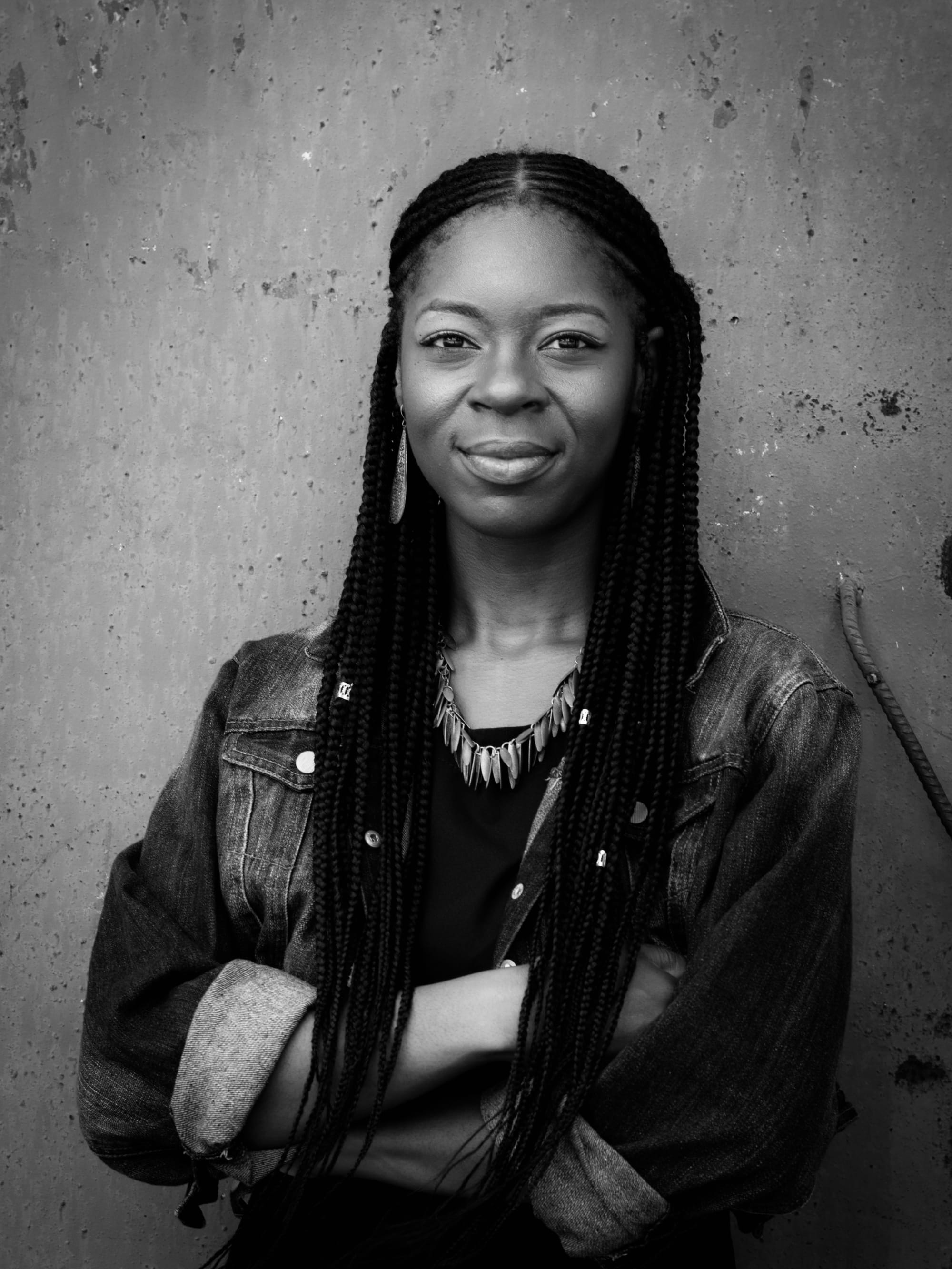5 Philly Afro-Latine Leaders challenging Anti-Blackness
"The gradations of Black are different."
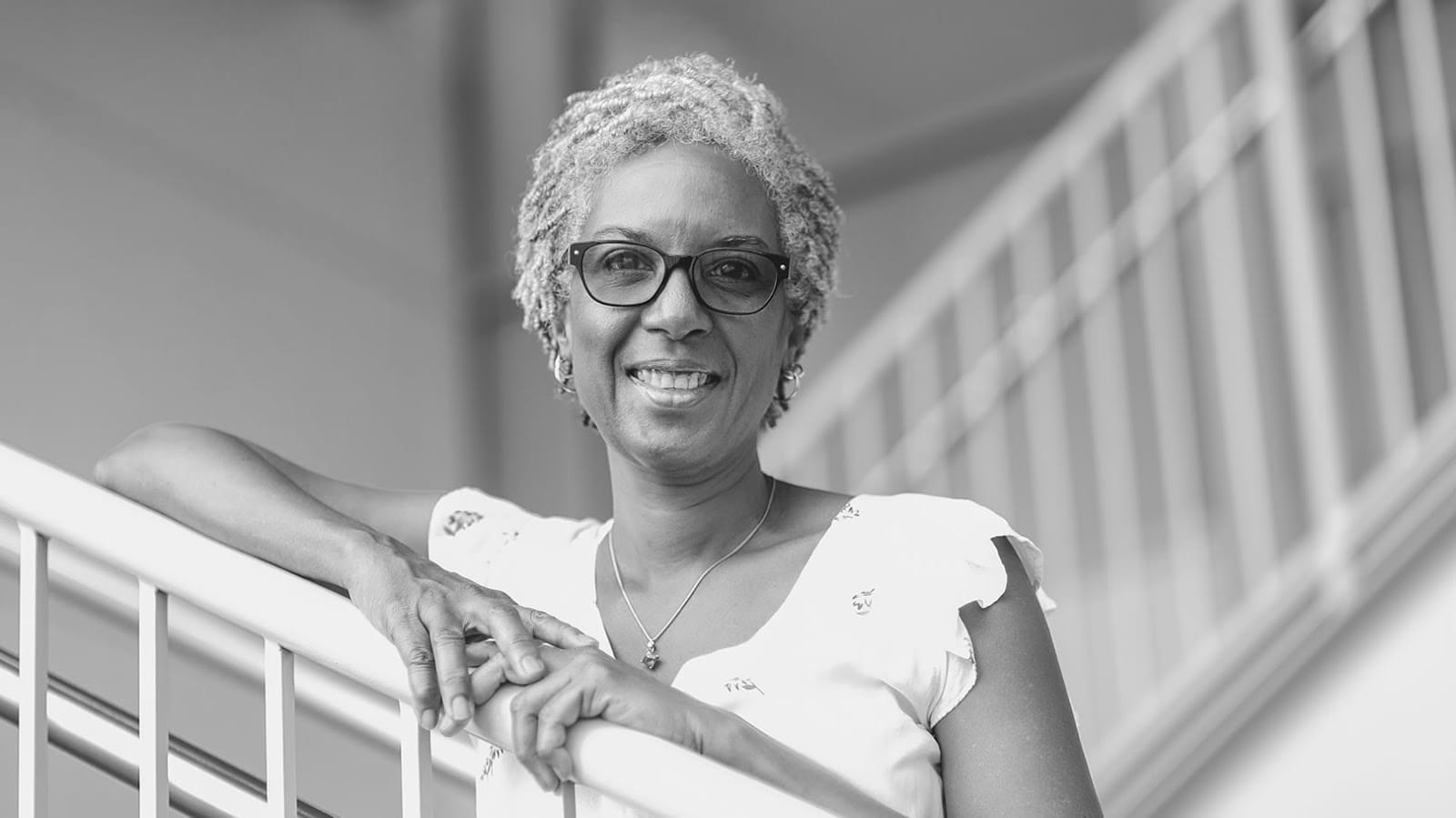
Afro-Latines have lived, worked and been a part of our communities way before the title was assigned to them. The emergence of Afro-Latines in the media has sparked speculation as to what exactly an Afro-Latine is and how they fit within the African Diaspora. In Philadelphia, 1% of Philadelphians identified as Black and Hispanic.
There has been an ongoing issue with collecting data on how many Afro-Latines exist – partially due to much anti-Black rhetoric that spurs whole communities to detest their blackness as well as the lack of racial and ethnic diversity options during the decennial U.S. Census Bureau. For many Latines, the option of Black and/or White does not fit their phenotype or experience with race in America.
The following Afro-Latines have shaped their identity long before it became a trend and work to bring unity between the two communities whether through research, music, art, education or community organizing.
María Cioè-Peña
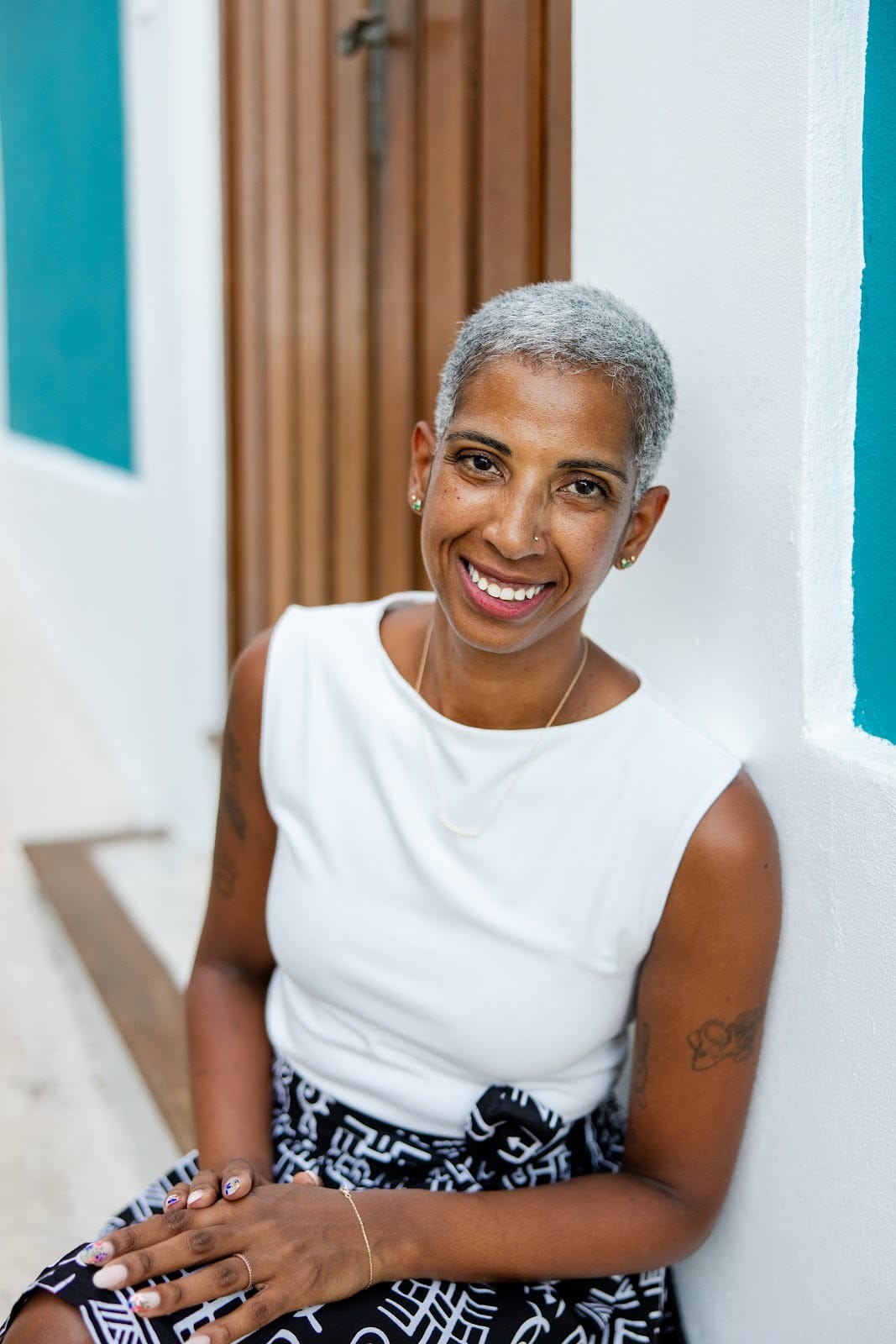
Born in Dominican Republic (DR), María Cioè-Peña is an award-winning Assistant Professor at University of Pennsylvania specializing in the intersection of bilingual children with language disabilities. Her identity has evolved from calling herself Afro-Latina to “Black Latina.”
“In the United States, being Dominican means often positioning yourself as anti-Black – or as different from Black,” said Cioè-Peña.
“When I was younger I identified as ‘Spanish,’ because I was speaking the language, but Spain doesn't claim me. DR has never felt vibe-y to South America or Central America…when I think of DR, I think of el caribe.”
Cioè-Peña then explains how in a single Latino family a set of siblings can be Black-presenting and white-presenting and experience separate but layered oppression.
“The gradations of Black are different. My colorism experience is different – in Dominican Republic, as a Black person, I'm treated differently than a Haitian Black person. But that doesn't mean that we collectively as Black people are not oppressed in Dominican Republic. And yes, there are some wealthy Black people. And yes, there are some important leaders who are Black people. That doesn't mean that the general experience is not the same.”
Shannon Morales
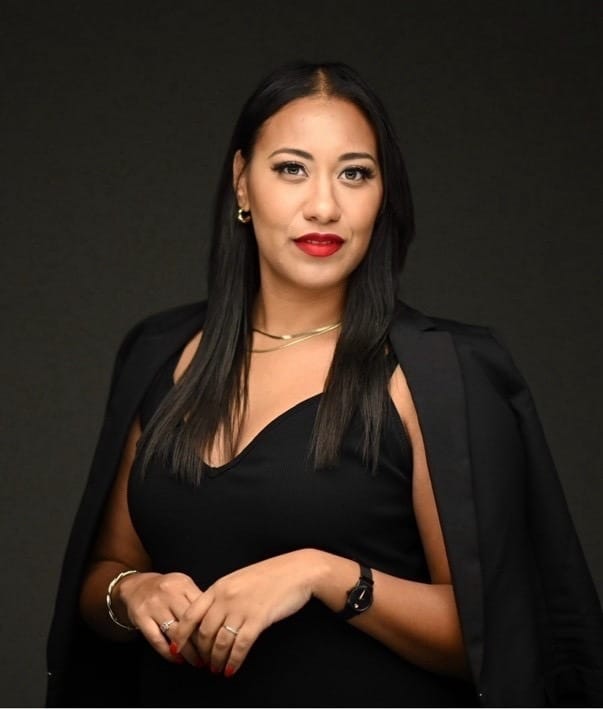
Afro-Colombian Shannon Morales is the founder of Tribaja. An online hub created to help Black and Latine people find jobs in the tech industry. As a single mother, she self-started her company after experiencing a former bigoted boss who criticized her for falsifying projects to gain better reviews. The moment initiated her to quit and begin her own business where Black and Latine job seekers would be paired with companies who strive for equitable workplaces.
“We share similar struggles. It’s better to unite in our mission for a more equitable future.” Morales said.
Tribaja’s annual DiversiTech in Philadelphia hosted in March invites Black and Latine career seekers to a three-day conference in Philadelphia where attendees can learn, network and grow income. In 2021, Morales told the Philadelphia Citizen that Tribaja had increased its employer partners to 55 and members to 5,000. 97% of members are Black or Latinx and 67% are women.
“As an Afro-Latina founder, my identity drives the intentional way we build Tribaja, supporting over 35,000 professionals nationally with a focus on Black and Latino communities.” Morales told The Philly Download.
“We aim to open doors that were historically closed. Our Diversitech conference in Philadelphia has become a staple for inclusion in tech, celebrating representation, mentorship, and meaningful opportunities.”
Dr. Sandra Andino
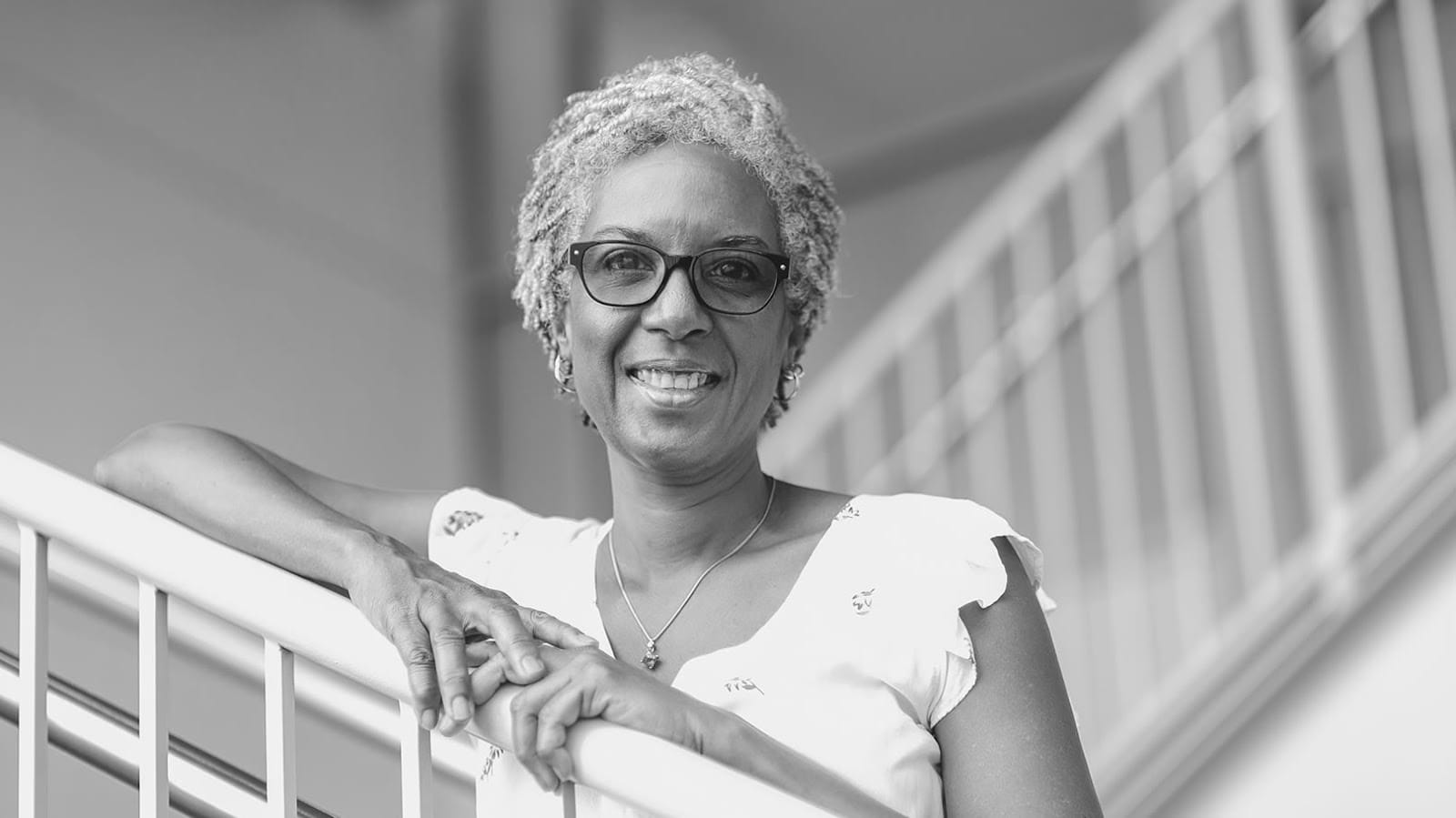
A woman of many hats, Dr. Sandra Andino has two decades of experience as a program administrator, researcher and instructor serving diverse audiences in the arts & culture industry and higher education institutions. She is the owner and founder of Negraluz Productions, a consulting business providing educational services in non-profit capacity building, education and program design.
In 2011, her photography exhibit, “What Does It Mean To Be Afro-Latino in Philadelphia: Stories From El Barrio,” drew major acclaim and success. Her photo series featured poster-sized black and white photos that stood tall of Afro-Latines in their slice of life across the city displayed at Philadelphia’s Taller Puertorriqueño.
Although unavailable for comment, Dr. Andino told the blog Los Afro-Latinos that the exhibit was created to “artistically and visually to teach young people about being Afro-Latino in Philadelphia.”
The hope was to start creating more positive images of Afro-Latines in the media and in Philadelphia, she further explained. She saw that there was an interest from the general public about this new term and expanded upon her positive self-esteem to spread it across the city.
Jesse Bermudez
YouTube
Before his passing in 2022 at age 79, Jesse Bermudez was an icon in Philadelphia's Latin Music scene. An advocate and musician, Bermudez, who was of Cuban and Puerto-Rican heritage, co-founded Asociaciónde Músicos Latino Americanos (AMLA) in North Philadelphia in 1982, which taught and developed youth artistry in the tri-state areas about Latin music.
Bermudez also helped establish iterations of AMLA: the Latin School for the Performing Arts (LSPA) and Artistas y Músicos Latinoamericanos, a community-based music education program whose alumni include percussionist Pablo Batista and pianist Elio Villafranca.
Batista allowed him to be a part of the touring bands most notably of Grover Washington, Jr. and Alicia Keys, among many others.
Bermudez once told the Philadelphia Inquirer: “Music was a way to amplify the richness of Latino culture, to keep immigrants and their descendants connected to the heritage, to bridge gaps between different communities and show the influences different cultures have on each other, to foster success within marginalized communities, and to keep youth engaged and on the right track.”
Debora Charmelus
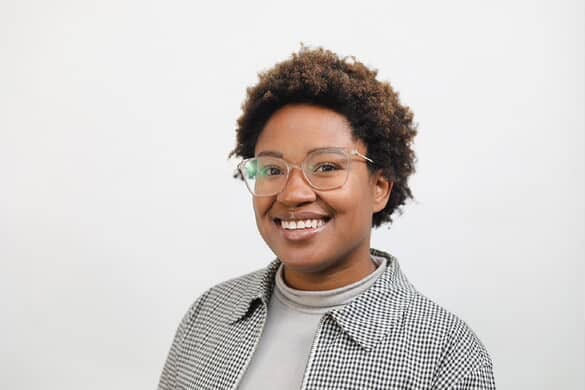
Haitian-American Cultural Strategist Debora Charmelus leverages her platform to bring a more dimensional understanding of the Haitian identity in America and how Haitians are “othered” in Latin identity discourse. Charmelus, a 2022 Webby Award winner, focuses on fostering mutual communication and learning between Black communities in Philadelphia and the Caribbean. Her collective, Kontan, works with Haitian artists who are looking to amplify these values through multi-service campaigns.
“As a Haitian-American, it's not often I get included in ‘Latin round-ups,’” she said.
“Black people in Philadelphia have so much to learn from Black people in the Caribbean, and vice versa. I've begun a collective that specifically works with Black Caribbean people and connects Black artists in the Caribbean to Black artists in Philadelphia because that's all charity work to me.”
As her platform increases impressions, she hopes to have left the cultural landscape of Philadelphia more vibrant.
“I just really believe in Philadelphia," she said. "I believe in contributing to the cultural landscape of the city and ensuring that it doesn't stay looking one way. Where there's diversity, there's a huge range of voices and narratives."
